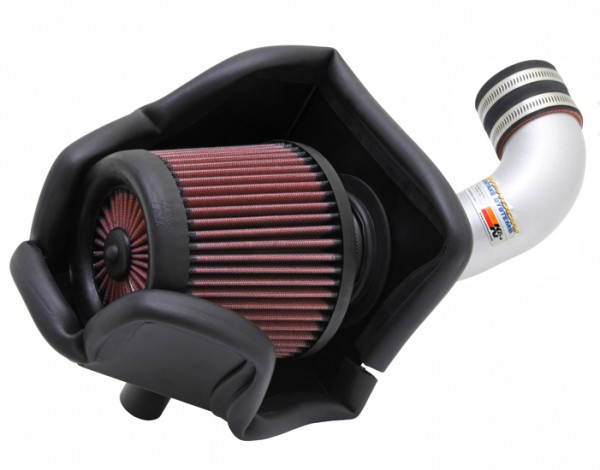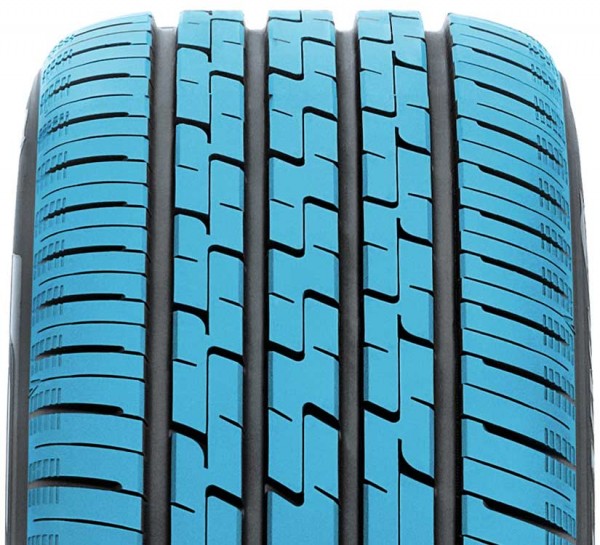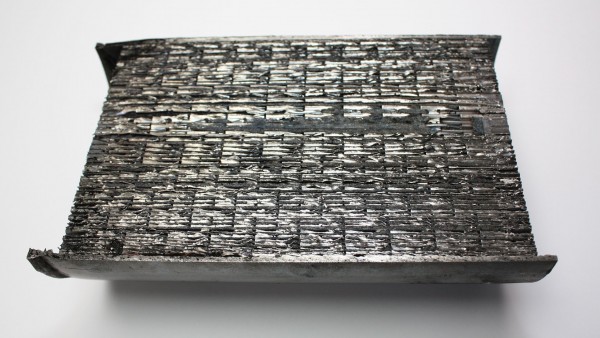3. Air Intake System
 Free flowing air intake system benefits the overall efficiency of the engine.Always choose an air intake system wisely. Some intake systems can do more damage than good, so it is important to make sure that you are using a system which has been designed and tuned to function properly with your vehicle.
Free flowing air intake system benefits the overall efficiency of the engine.Always choose an air intake system wisely. Some intake systems can do more damage than good, so it is important to make sure that you are using a system which has been designed and tuned to function properly with your vehicle.
2. Get the right tires
 Tires are one of the most important link in better fuel economy. There are three factors of a tire that can affect your fuel economy, the overall size, tread pattern, and inflation value. Excessively Large wheels, both width and diameter, hurt mileage due to their increased weight and roll resistance. Tread patterns create more rolling resistance than others. The last factor is inflation. A tire off by as little as 5 PSI, according to Car and Driver, can reduce fuel economy by one to two percent.
Tires are one of the most important link in better fuel economy. There are three factors of a tire that can affect your fuel economy, the overall size, tread pattern, and inflation value. Excessively Large wheels, both width and diameter, hurt mileage due to their increased weight and roll resistance. Tread patterns create more rolling resistance than others. The last factor is inflation. A tire off by as little as 5 PSI, according to Car and Driver, can reduce fuel economy by one to two percent.
1. Maintain your ride
 As the vehicle is manufactured, it has the best fuel economy as engines are new but with time it wears and becomes less efficient overall. In order to maintain that original efficiency, you need to maintain and change your vehicles oil, filters, spark plugs (properly gapped), and spark plug wires and keep the engine tuned. An engine in poor tune can lose as much as 20 percent of its original efficiency. This is why the first step in any project aimed at improving fuel consumption, should be to restore the engine back to its original state.
As the vehicle is manufactured, it has the best fuel economy as engines are new but with time it wears and becomes less efficient overall. In order to maintain that original efficiency, you need to maintain and change your vehicles oil, filters, spark plugs (properly gapped), and spark plug wires and keep the engine tuned. An engine in poor tune can lose as much as 20 percent of its original efficiency. This is why the first step in any project aimed at improving fuel consumption, should be to restore the engine back to its original state.
Here’s a bonus video that talks about 40 ways of saving your fuel!
[youtube]http://www.youtube.com/watch?v=21CS1rOSwh0[/youtube]


